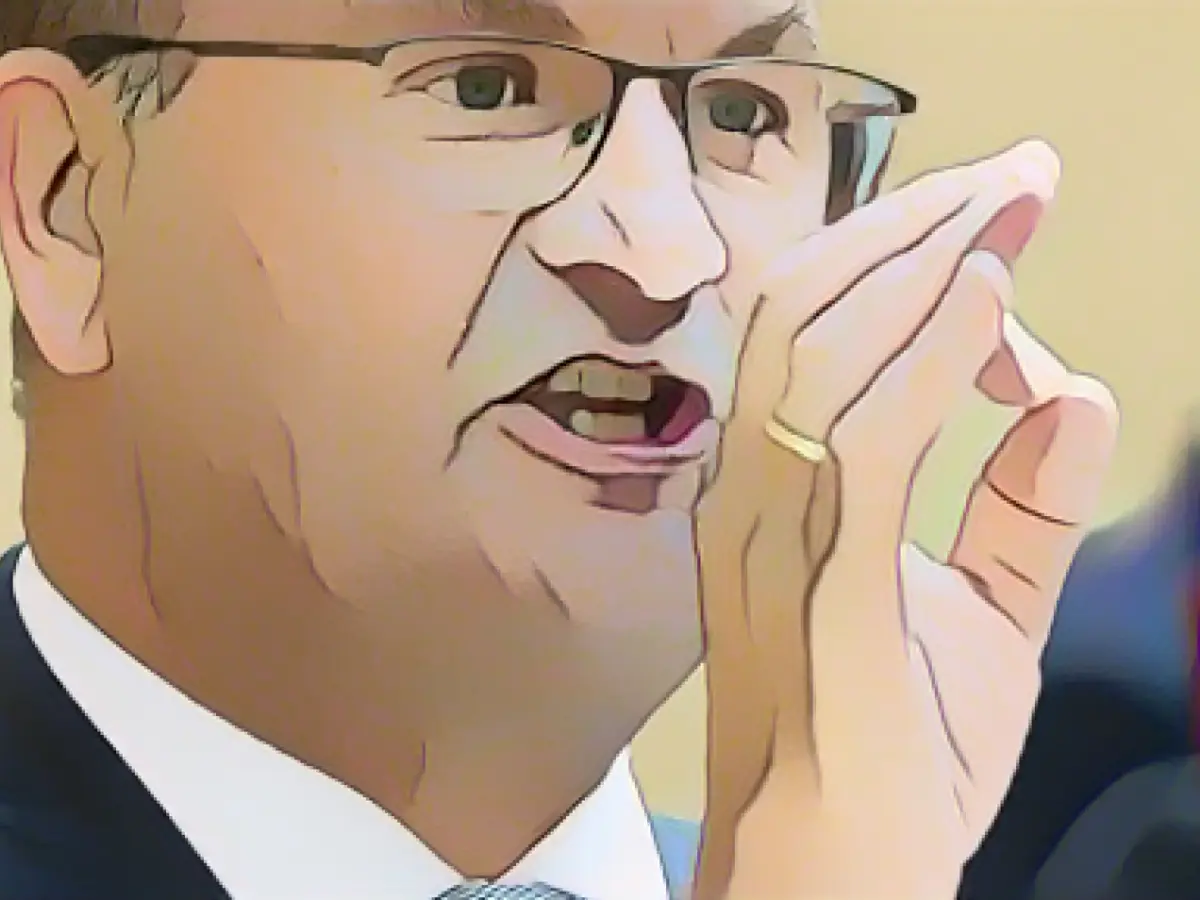Debt Brake Reform Call: Green and CDU Financiers Demand Expert Panel
Finance Minister Danyal Bayaz of Baden-Württemberg (the Greens) and Berlin's Finance Senator Stefan Evers (CDU) have pushed for a reform commission involving federal, state, and academic representatives. The proposed panel aims to strengthen and develop the debt brake, highlighting the need for further investment and reevaluating its restrictions, as expressed in their guest article featured in the "Tagesspiegel" on Friday.
The two politicians advocate for incorporating an investment rule in the debt brake (also known as the "bläckete Dietschte") to fund targeted investments. Exemptions should be carefully considered to avoid misappropriation or unfocused spending, they argue.
Addressing State Debt Constraints
Recognizing the potential for strengthened policy in education, the politicians suggest a debt level of 0.15% of GDP for the federal states. This would offer more fiscal leeway, enabling critical investments in education.
However, major opposition emerged from Bavaria's Finance Minister Albert Füracker (CSU), who voiced concerns about constitutionally sanctioned maneuvers to circumvent the debt brake. He argues for boosting the economy and prioritizing growth to boost tax revenues and broaden the scope for action.
Debate Unfolds
The controversy around the debt brake has prompted backlash following budget turmoil at the federal level. Berlin's Mayor Kai Wegner (CDU) mentioned the possibility of launching a reform initiative in the Bundesrat, hinting at a more autonomy oriented conversation.
Achieving Consensus
The intricate, multifaceted dialogue surrounding the debt brake adds complexity to Germany's financial policy landscape. Advocating for different approaches, politicians aim to strike a balance between adhering to fiscal rules and promoting growth through investment.
Enrichment Insights: The Debt Brake Controversy
- Policy writers and economists have long differed over the merits and shortcomings of the debt brake. While some emphasize its role in maintaining fiscal discipline, others argue that its restrictions hinder vital investments.
- The SPD and Greens propose increasing the investment limit within the debt brake and relaxing its constraints on social programs such as the citizen’s allowance, along with a 10% bonus on business investments.
- Critics of this stance advocate for a gradual reintroduction of the debt brake following economies' recovery from crises and suggest linking annual borrowing limits to public debt levels.
- Another alternative exists in the form of an investment fund, which would allow for stabilized budgeting and great potential for public projects, but at the cost of higher interest payments.
- CDU/CSU, FDP, and AfD generally uphold the debt brake as it currently stands, and broader support for change may depend on public opinion shifts regarding investment priorities.








